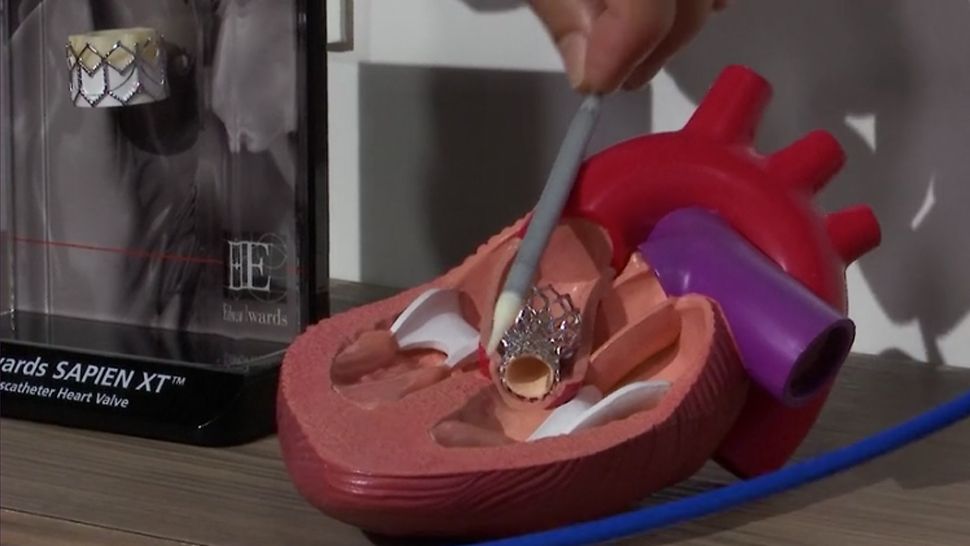WESTERVILLE, Ohio—Heading off to college can be an emotional time for parents and students alike. But for parents becoming empty nesters, it can be even tougher.
- When empty-nest parents experience multiple feelings at once that last for more than a couple of weeks, it may signal depression
- A local expert says parents should find their own hobbies, set communication boundaries and encourage their kids to stay at school
- Studies show that women tend to experience Empty Nest Syndrome and depression more than men
Dropping your kid off at college can bring a mixed bag of emotions— from excitement to sadness— as students part ways with their parents.
For many parents, it's extremely hard because it's their last child leaving home, making them empty nesters.
But experts say, if not careful, Empty Nest Syndrome can turn into something more.
It's move-in day at Otterbein University.
The Pinson family drove all the way from Missouri.
We came from Kansas City and took 10-11 hours."
Parents like Jeff Pinson are putting in the last bit of sweat equity by unpacking carloads and carrying heavy boxes up and down dormitory stairs—all before parting ways with his 18-year-old son Max.
"I look at it with mixed emotions. It's kind of exciting and sad at the same time,” said Pinson.
That's because he already has a daughter in college and Max is the last to leave home.
Mary Fristad, Professor of Psychiatry and Behavioral Health at Ohio State Wexner Medical Center, says having mixed emotions is normal.
"So, having some sadness, some guilt, maybe some trouble falling asleep at night because all of these thoughts are going through your mind...these would be very common reactions when you become an empty nester,” said Fristad.
The Empty Nest Syndrome, as it's called, is a transition that most parents with young adults have to make at some point.
But when parents experience multiple feelings at once that last for more than a couple of weeks, that's when Fristad says it may be symptoms of a bigger problem— depression.
"They would be feeling really sad or irritable, or very anxious, losing interest in activities, significant trouble with sleep or appetite...or energy level or activity level...feeling really worthless or guilty," said Fristad.
And if parents don't get help, she says it can lead to suicidal thoughts.
When asked how parents can know if they're experiencing the traditional Empty Nest Syndrome versus depression, Fristad said it starts with self-awareness and analyzing.
"If the experiences you are having start interfering with your other relationships...if they start interfering with your ability to maintain your home or perform on the job…if they start to impair your physical health…," said Fristad.
She adds that if there's interference, then professional help is needed.
But before it gets to that point, Fristad believes parents should find their own hobbies, set communication boundaries and encourage their kids to stay at school instead of coming home frequently.
This is in an effort to make a smooth transition on both ends.
"One place where we really see this being a bigger issue is for parents who haven't built other hobbies, interest, relationship aspect to their life."
For families like the Pinson’s, this move is bittersweet as Max is the last to go to leave the nest.
Jeff Pinson says, "18 years goes in the blink of an eye."
His son Max says he's a little worried, but not too much, about how he and his parents will cope now that he's 10 hours away from home.
"Obviously there's just so many things changing at once that it can feel like sometimes it can be difficult to cope with all the changes happening in your life. And I think that can be very overwhelming and also exciting," said Max Pinson.
Studies show that women tend to experience Empty Nest Syndrome and depression more than men, as it is often a bigger loss of a role in their children's lives.
But research shows that five to six percent of parents overall tend to be happier once their children leave home.









